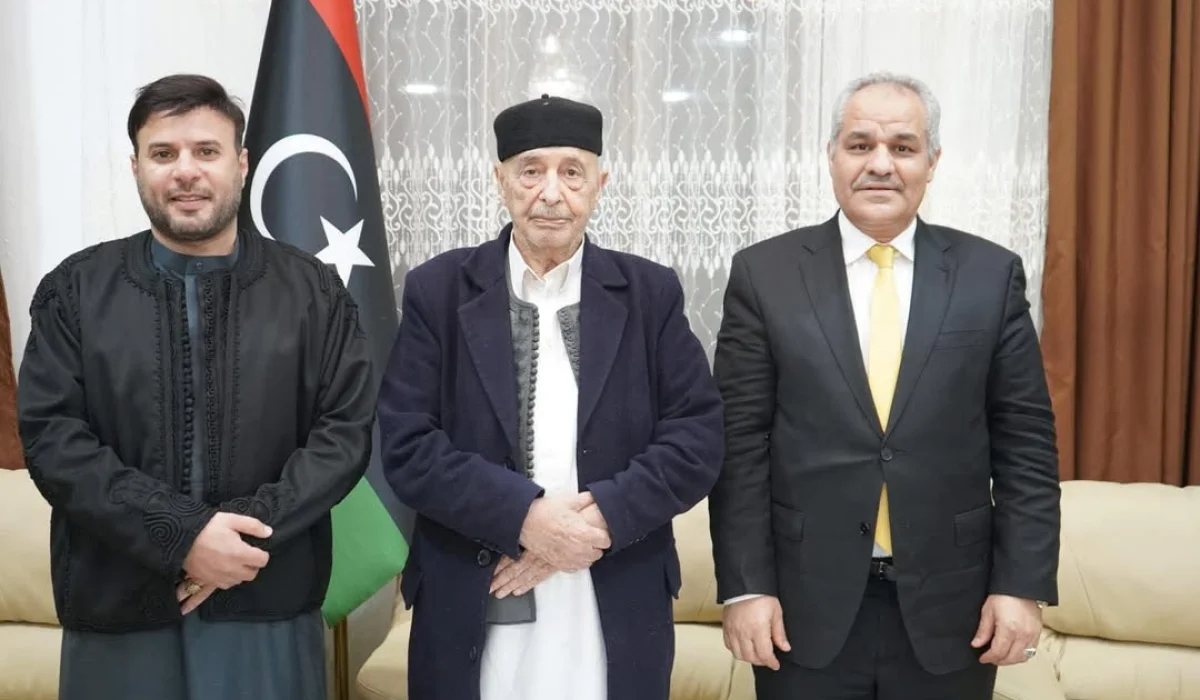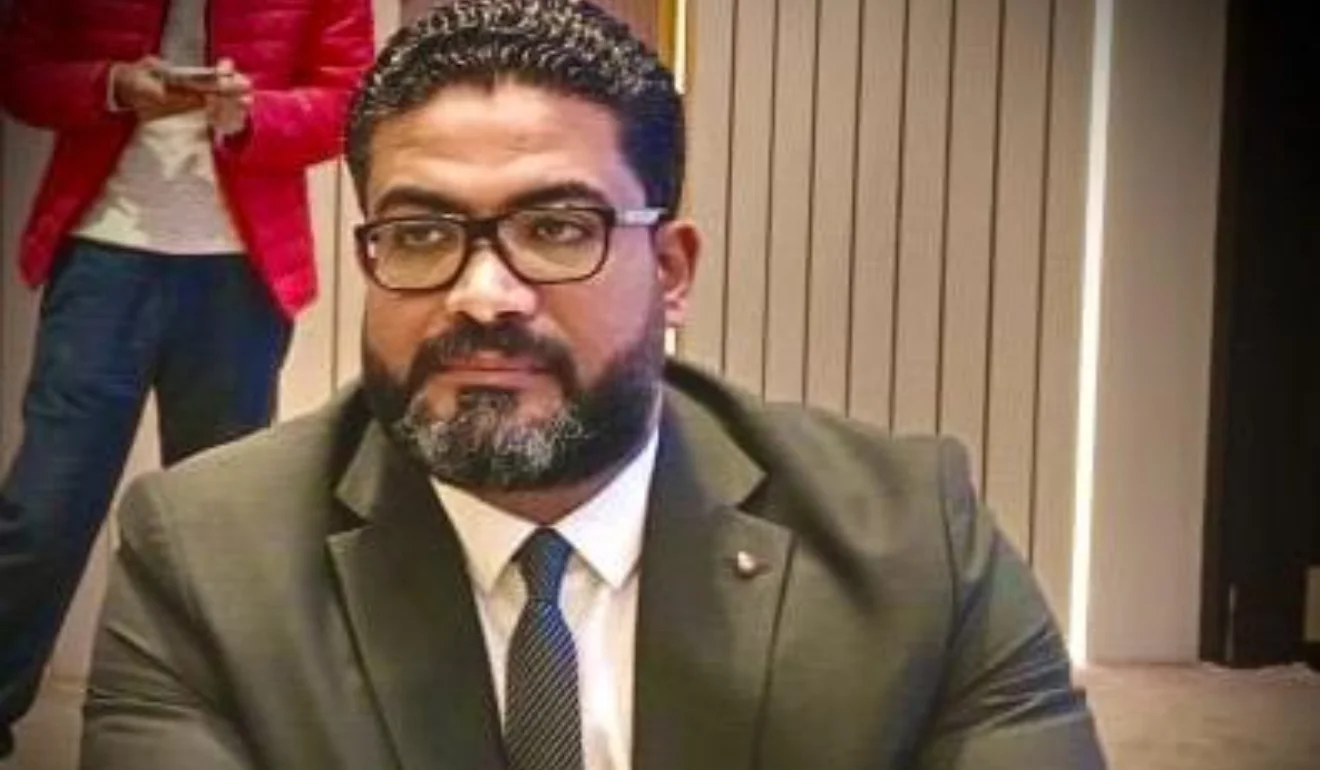Ghassan Atiqa writes: The Libyan Dinar Between Monetary Policies and Economic Challenges.. A Quick Analytical Review 2015 – 2025
The banking expert Ghassan Atiqa wrote an article titled: “The Libyan Dinar Between Monetary Policies and Economic Challenges: A Quick Analytical Review 2015-2025.”
Over the past decade, the Libyan economy has experienced sharp fluctuations due to the interplay of political and economic factors, multiple decision-making centers, and the lack of an integrated development strategy. The greatest pressure has been placed on the Libyan dinar, which has lost a significant portion of its value due to unbalanced monetary policies, the absence of structural reforms, and the accumulation of both internal and external crises.
Historical Roots of Economic Imbalances:
The key features of the current monetary crisis trace back to the long-standing economic policies that focused on increasing foreign currency reserves at the expense of developmental spending. For many years, the state concentrated on accumulating financial surpluses generated by oil exports without investing them in building a local production base. This approach entrenched a rentier economic model based on full export and import of goods and services. This weakened the state’s ability to absorb shocks and turned foreign reserves from a tool of monetary support into an end in itself, even at the expense of the national currency’s value.
The Money Creation Phase and the Escalation of the Crisis (2015–2020):
The signs of monetary expansion became clear in the middle of the last decade through the adoption of money creation policies by expanding currency printing or through banking restrictions without productive coverage. This approach continued for several years alongside institutional divisions, leading to inflation of the monetary base and the loss of control over monetary policy tools.
Although the state recorded a clear budget deficit during this period, it simultaneously enjoyed a surplus in the balance of payments, which explains the paradox between the deficit in the dinar and the surplus in dollars. However, instead of addressing structural imbalances, the focus was placed on increasing foreign currency reserves, which contributed to the devaluation of the dinar by approximately 79% during that period.
Repeated Crises and the Suspension of Oil Exports:
The crisis of halting oil exports in the middle of the last decade, and later in 2020, marked a turning point in the monetary path, as it led to a sharp decline in foreign currency inflows. The central bank had to compensate for this by expanding money creation, exacerbating the liquidity crisis and raising inflation rates.
Despite attempts to address the distortions through the imposition of foreign exchange sales fees of 185% in 2018, the implementation of these measures was selective, with some entities exempted. This created an unbalanced environment that contributed to political and economic escalation, reaching its peak with the resumption of halted oil exports in 2020.
Unification of Monetary Policies and Exchange Rate Change (2021):
The decision to unify the central bank and exchange rate at the beginning of 2021 was a positive step towards monetary stability. The adjustment of the dinar exchange rate provided greater liquidity for the state and increased its financial resources in dinars by nearly 300% compared to previous levels.
This coincided with a reduction in disputes over letters of credit and provided the government with a financial margin to fund its expenses without needing to print new money. However, this solution remained superficial and was not accompanied by structural reforms in the real economy.
Return of Monetary Pressures (2022–2024):
From the end of 2022 until March 2024, the money supply saw significant growth from 110 billion dinars to 150 billion dinars, an increase of 40 billion. During the same period, the monetary base grew from 64.4 billion to 98.8 billion dinars, an increase of 34.4 billion. The difference of 5.6 billion dinars is due to the expansion of commercial lending, while the largest portion (34.4 billion) of money was created without productive backing, what could be considered “money from nothing.”
These figures indicate that more than 31% of the new monetary base was created without an economic foundation, prompting authorities to impose a 27% fee to absorb this liquidity and curb inflation.
General Economic Results:
Despite a growth of foreign reserves by about 20 billion dollars between 2016 and 2020, the dinar lost 79% of its value. Between 2023 and the first quarter of 2024, foreign reserves grew again by about 8 billion dollars, but the dinar lost 27% of its value during the same period.
Conclusion:
The Libyan experience over the past years shows that an overemphasis on increasing reserves without real economic reform leads to short-term results at the expense of monetary stability. The Libyan dinar cannot be protected or regain confidence unless the structural causes of the crisis are addressed, foremost of which is the over-reliance on oil and the failure of economic policies to create sustainable productive development.
Sharing the news

















